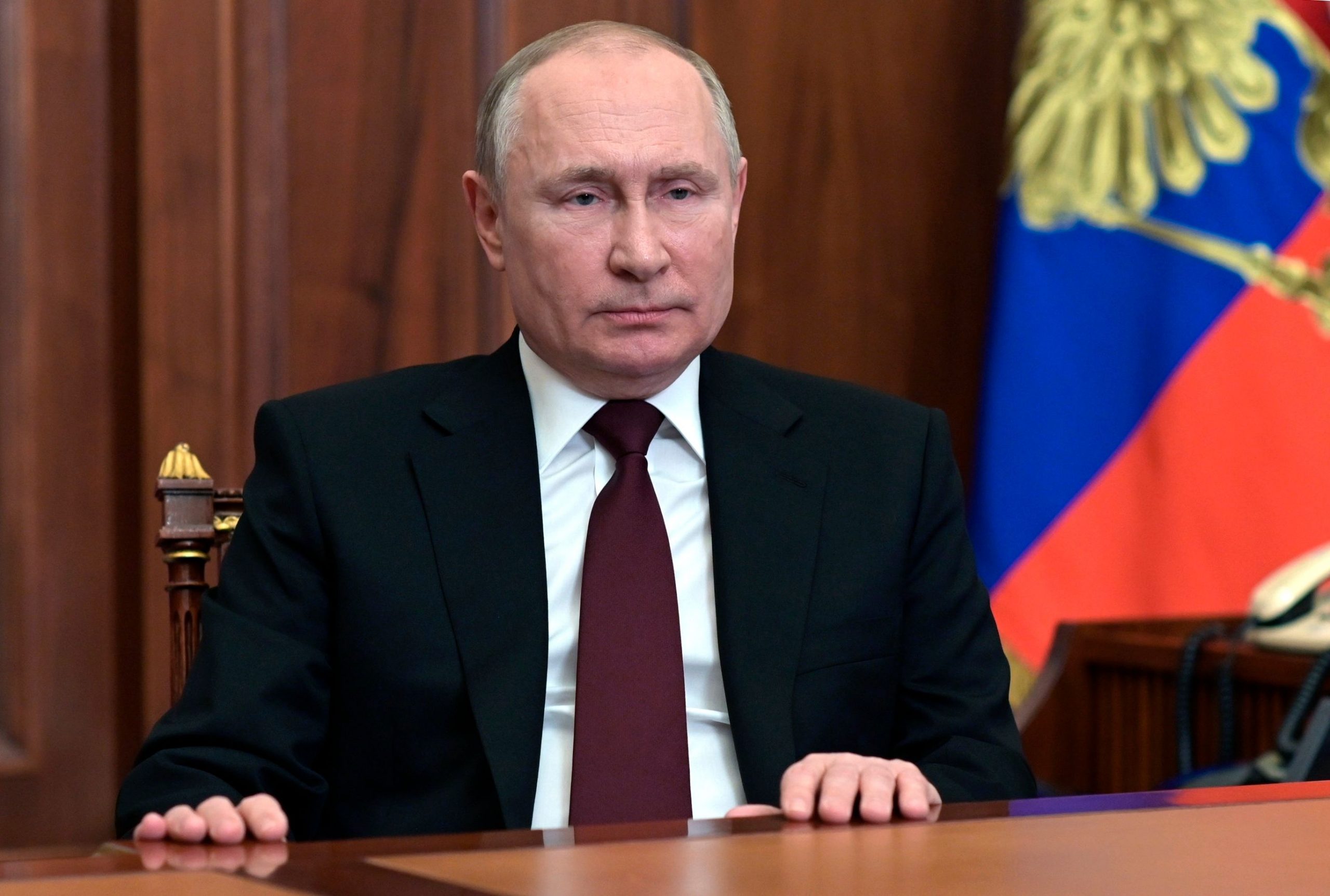Long before waging war on Ukraine, President Vladimir Putin was working to make Russia’s internet a powerful tool of surveillance and social control akin to China’s so-called Great Firewall.
So when Western tech companies began cutting ties with Russia following its invasion, Russian investigative journalist Andrei Soldatov was alarmed. He’d spent years exposing Russian censorship and feared that well-intentioned efforts to aid Ukraine would instead help Putin isolate Russians from the free flow of information, aiding the Kremlin’s propaganda war.
Also read: UK wants to use sanctioned properties of Russian oligarchs for Ukrainian refugees
“Look, guys the only space the Russians have to talk about is Ukraine. and what is going on in Russia. is Facebook,” Soldatov, now exiled in London. wrote on Facebook in the war’s first week. “You cannot just, like, kill our access.”
Facebook didn’t, although the Kremlin soon picked up that baton, throttling both Facebook and Twitter so badly they are effectively unreachable on the Russian internet. Putin has also blocked access to both Western media and independent news sites in the country, and a new law criminalises spreading information that contradicts the government’s line. On Friday, the Kremlin said it would also restrict access to Instagram.
Also read: Russia-Ukraine crisis: Why did Ukraine impose martial law in 2018?
Yet the Kremlin’s latest censorship efforts have revealed serious shortcomings in the government’s bigger plans to straightjacket the internet. Any Russian with a modicum of tech smarts can circumvent Kremlin efforts to starve Russians of fact.
For instance, the government has so far had only limited success blocking the use of software known as virtual private networks, or VPNs, that allows users to evade content restrictions. The same goes for Putin’s attempts to restrict the use of other censorship-evading software.
Also read: Russia-Ukraine conflict: Why India walks a diplomatic tightrope
That puts providers of internet bandwidth and associated services sympathetic to Ukraine’s plight in a tough spot. On one hand, they face public pressure to punish the Russian state and economic reasons to limit services at a time when bills might well go unpaid.
Also read: Chernobyl captured: Why a defunct nuclear plant is key to Putin’s endgame
On the other, they’re wary of helping stifle a free flow of information that can counter Kremlin disinformation — for instance, the state’s claim that Russia’s military is heroically “liberating” Ukraine from fascists.







